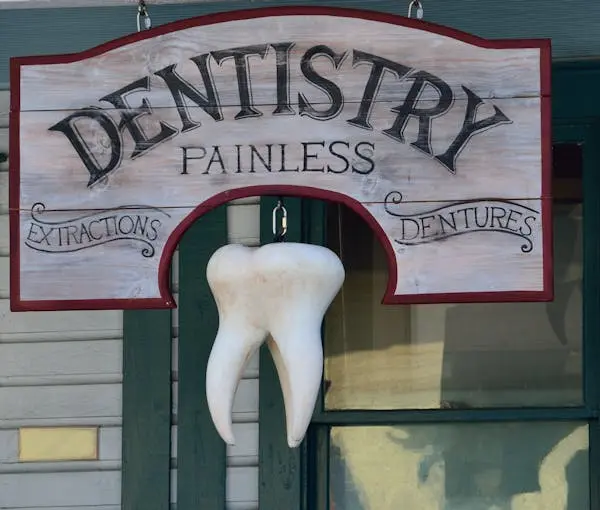Understanding Dental Emergencies
A dental emergency refers to any oral health issue requiring prompt attention to alleviate severe pain, stop bleeding, or save a tooth. Common dental emergencies include:
- Toothaches: Severe tooth pain can be caused by various factors, such as decay, infection, or an abscess. Immediate care can identify the underlying cause and provide relief.
- Knocked-Out Tooth: A tooth that has been completely dislodged from its socket requires quick action. Reimplantation is possible if the tooth is handled properly and reinserted within an hour of the incident.
- Broken or Chipped Tooth: A fracture or chip can expose sensitive inner layers of the tooth, leading to pain and increasing the risk of infection. Swift treatment can prevent further damage and restore the tooth's function.
- Lost Fillings or Crowns: Losing a filling or crown can expose the tooth to bacteria, leading to decay and discomfort. Immediate care can replace the restoration and protect the tooth.
- Abscesses: An abscess is a serious infection that can form at the root of a tooth or in the spaces between teeth and gums. It can cause severe pain, swelling, and fever, requiring urgent dental intervention to prevent the spread of infection.
The Importance of Immediate Dental Care
Immediate dental care is crucial for several reasons:
- Pain Relief: Dental emergencies often involve significant pain, which can interfere with daily activities and overall well-being. Prompt treatment can alleviate pain and improve quality of life.
- Preventing Complications: Delaying treatment for dental emergencies can lead to complications, such as infections spreading to other parts of the body, tooth loss, or permanent damage to the gums and jawbone.
- Saving Teeth: In cases of knocked-out or fractured teeth, timely intervention can increase the likelihood of saving the tooth and avoiding more extensive restorative procedures.
- Preserving Oral Health: Addressing dental issues promptly helps maintain overall oral health, preventing long-term problems and the need for more invasive treatments in the future.
Steps to Take During a Dental Emergency
Knowing what to do during a dental emergency can make a significant difference in the outcome. Here are some steps to follow:
- Stay Calm: Panicking can exacerbate the situation. Stay calm and assess the severity of the emergency.
- Contact a Dentist: Call your dentist immediately. Many dental offices have emergency contact numbers or after-hours services. Explain the situation and follow their advice.
- Manage Pain and Swelling: Use over-the-counter pain relievers and cold compresses to reduce pain and swelling. Avoid placing aspirin directly on the gums or tooth, as it can cause burns.
- Handle Teeth with Care: If a tooth is knocked out, hold it by the crown (the visible part) and avoid touching the root. Rinse it gently with water if dirty but do not scrub it. Attempt to reinsert the tooth into its socket if possible. If not, place it in a container of milk or saliva and bring it to the dentist.
- Keep Broken Pieces: If a tooth is broken or chipped, collect any pieces and bring them to the dentist. These fragments may be helpful in the repair process.
Preventing Dental Emergencies
While not all dental emergencies can be avoided, certain precautions can reduce the risk:
- Maintain Oral Hygiene: Regular brushing, flossing, and dental check-ups help prevent decay and gum disease, reducing the likelihood of emergencies.
- Wear Protective Gear: Use mouthguards during sports and helmets for activities that pose a risk of dental injury.
- Avoid Hard Foods: Refrain from chewing on hard objects like ice, popcorn kernels, or pens, which can cause teeth to crack or chip.
Conclusion
Immediate dental care is essential for managing emergencies and preserving oral health. By understanding the types of dental emergencies and knowing how to respond, individuals can ensure they receive the timely attention needed to alleviate pain and prevent complications. Regular dental check-ups, good oral hygiene practices, and taking preventive measures can further safeguard against unexpected dental issues, contributing to overall well-being and a healthy smile.

